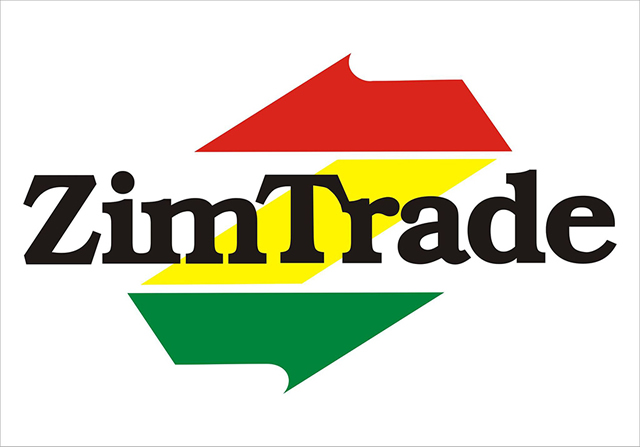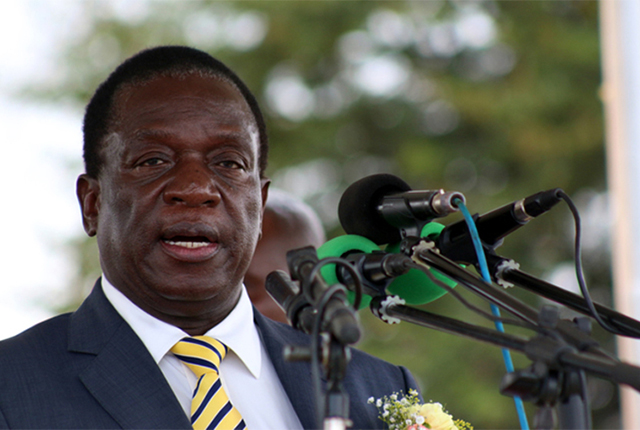Govt urged to review export process

GOVERNMENT should review the costly and cumbersome export process to achieve export-led growth for an economy with a monetary system firmly anchored in foreign currencies, national trade promotion body ZimTrade has said. Zimbabwe uses a basket of foreign currencies dominated by the US dollar and exports are the major source of liquidity in the economy. Other sources include foreign direct investment, Diaspora remittances, portfolio investment and lines of credit.
ZimTrade chief executive Ms Sithembile Pilime said local exporters are grappling with many constraints which include delays in processing a lot of documentation, high transport costs and a litany of regulatory requirements among others.
Ms Pilime, who was presenting a paper on the Case for Ease of Export Business at this year’s edition of the ZimTrade Annual Exporters’ Conference, said even mooted incentives would not drive growth of exports if the constraints are not removed.
Industry and Commerce Minister Mike Bimha, in a speech read on his behalf at the conference, said Government is aware of the need to improve the ease of doing export business and working on resolving the issues.
Ms Pilime said the numerous issues militating against the ease of doing business in Zimbabwe affected the country’s global competitiveness rankings, which have not been improving.
“Zimbabwean products have become uncompetitive as a consequence of regulatory and administrative processes,” she noted. The country has huge potential to export, she said, but needed to relax its plethora of regulatory and administrative constraints stifling growth of export from Zimbabwe.
ZimTrade cited the requirement for exporters to obtain a temporary export permit for goods meant for exhibition and the 10 percent deposit of the value of the goods among the many constraints stifling exports of exports, which should be reviewed.
“We need to address competitiveness and infrastructure deficit,” she said. “The lower the (competitiveness) ranking, the better. We are currently at the lowest end of the competitiveness rakings,” Ms Pilime told delegates attending the Annual Competitiveness Conference in Harare on Thursday.
Ms Pilime said that evidence from studies show that reducing delays to processing export documents by 10 days can grow a country’s gross domestic product by 2 percent to 4 percent.
The ZimTrade CEO also lamented a situation where the country continues to rely on export of raw materials, dominated by minerals and tobacco saying such a scenario was not ideal and there is need to increase value added exports.
Minister Bimha said that it is necessary to streamline the regulatory processes along the exports value chain and to adopt international best practices to ensure that regulatory requirements do not add to the already high cost of doing business.
“A number of these factors have, in the past, been highlighted and recommendations have been made, some of which are being implemented as part of the ease of doing business reforms being spearheaded by Government through the Office of the President and Cabinet with support from development partners,” Minister Bimha told delegates.
International Trade expert, Jon Walden said strict regulatory enforcements, which increase cost and time it takes to export, should be limited to monitoring of risky export transactions.










Comments